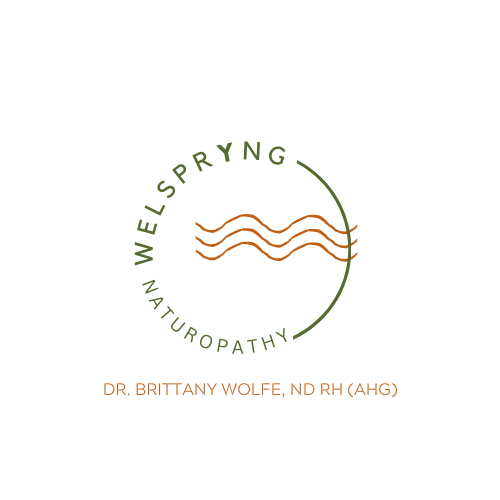why herbal workshops matter
Growing up, I was always encouraged to interact with nature; watching thunderstorms, taking a big huff of the air fresh after a rain storm, playing in dirt, listening for the crisp crunch of walking on fresh snow. My love for nature took me to rural Tuscany where I climbed olive trees and harvested my dinner fresh every night from the garden. It took me to small towns in Germany where I planted tulips and harvested elderberry flowers. And then it took me to British Columbia where I became a student of naturopathic medicine.
It was here where my deep appreciation of botanical medicine sparked with the help of three little embers:
First, a book written by the well-respected and well-loved Stephen Buhner titled “The Lost Language of Plants” that introduced me to the concept of biophilia. Essentially biophilia is the acknowledgement of plant spirit. Buhner explains it best by using the metaphor of a puppy; it is one thing to acknowledge that a puppy as a living entity, and another thing to engage with the puppy’s being just as much as the puppy will engage with your being. As Buhner states, “something” passes through you to the puppy and from the puppy to you but what is this something? Once you begin to understand that plants are seeing and experiencing you just as much as you are experiencing them, I promise that your relationship to nature will change.
Second, an immersive internship spent on the lovely Innisfree Farms where I was able to interact (touch, taste, sniff, sense, harvest, prepare) trees, flowers, herbs. That summer changed me. Nature held me calmly and consistently as I tried to tried to catch my grounding after a first and very intensive year of naturopathic medical school. Although I was there to tend to the earth, an unpredicted reciprocal relationship developed where it also tended to me.
Third was a particular talk by Dr. Lee Brown from the wolf clan of the Cherokee Nation. One of the many things I learnt that day was that when elders of his community were called upon to heal somebody, they would first walk around their property. They were looking for the herbs that were growing wildly throughout their yard; not planted and cultivated but sprouting through the earth on their own will. This was their first indication of what ailment this person may be suffering with; they knew that the plants will always find you, especially when you need them the most.
This story changed my daily walks. I became aware of what was around me, I identified it and I studied its medicine. I pondered why plantain, a plant widely used for its demulcent or soothing properties was popping up on every street corner or why St. John’s Wort, a sunny plant used to lighten the mood was gladly thriving in the city. Maybe it was coincidence or maybe it was a solution to the disconnection and pain that is often too abundant in our society today.
So, what do all of these things have in common? They all demanded that I simply be present and engage with what was around me. They did not beckon inaccessible protocols, complicated instructions or skillsets that I did not already have. The use of herbs does not need to be complicated or intimidating. You can easily incorporate their gifts into your everyday rituals and cooking. You can also create a relationship with them and spark your own sense of biophilia. This is why workshops matter; they offer a road to connection and empowerment (oh, and better health.)
If you want to join me for an upcoming and (FINALLY!) in person work shop, head here to grab your spot to spend a day with me and some other wonderful folks.

